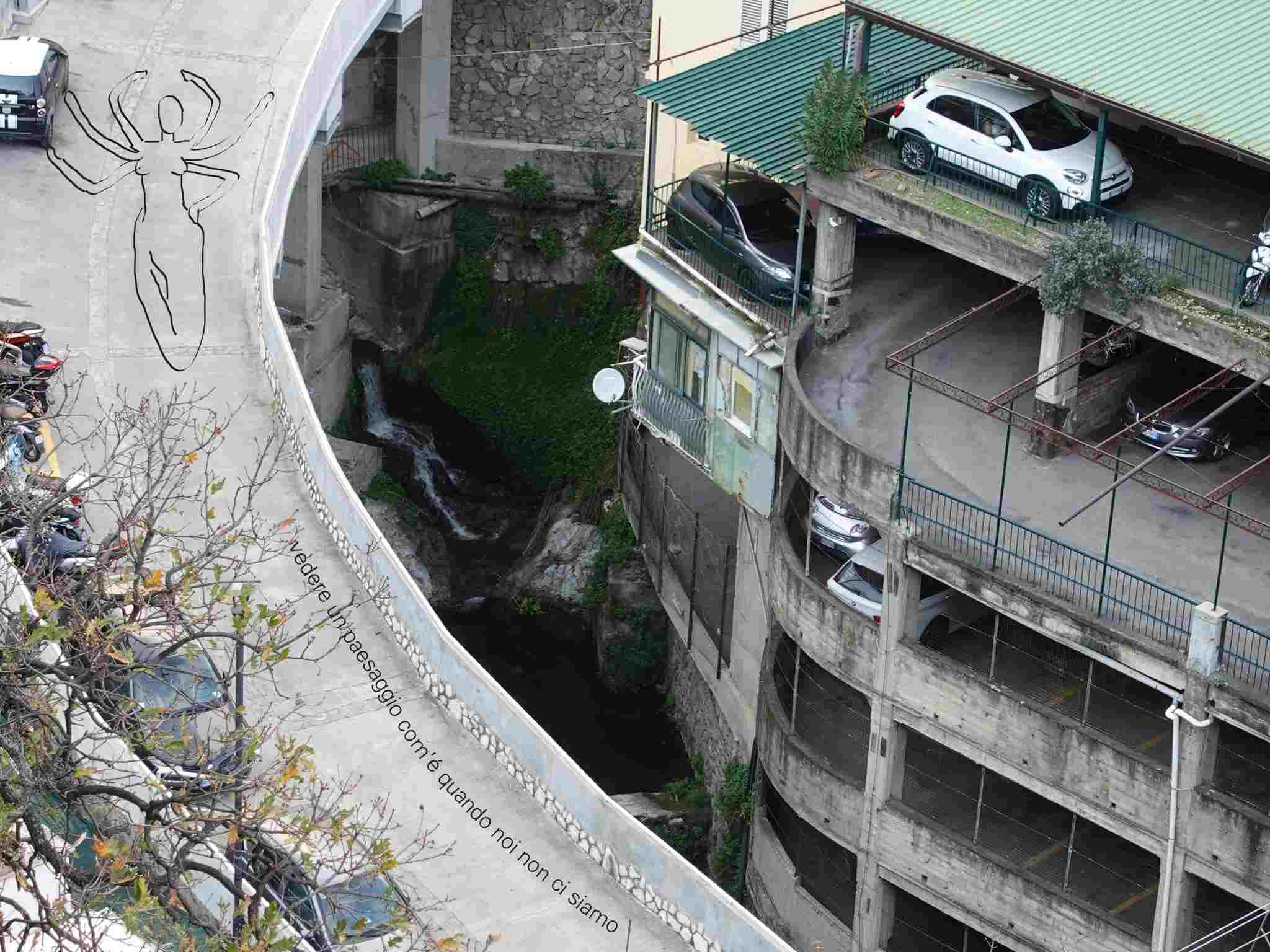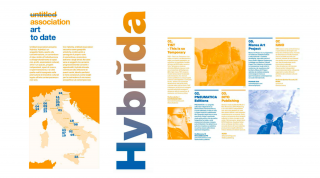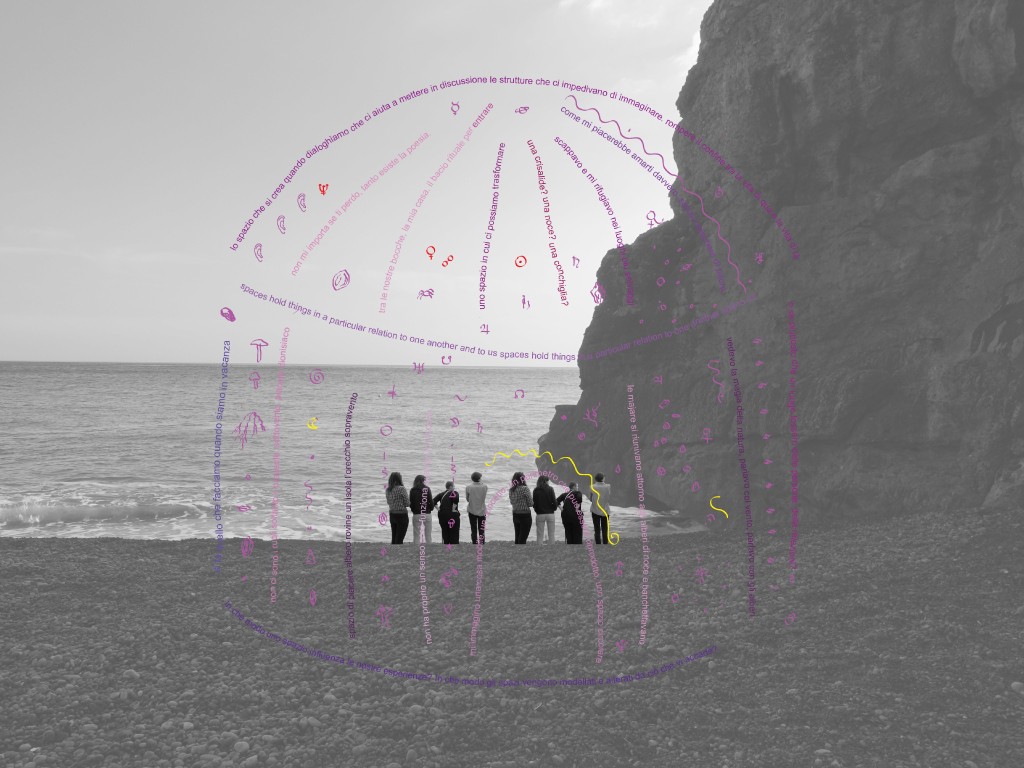
The ৺ ෴ ර ∇ ❃ ̅ Collective came to visit us to deepen their research on the rhythm of the waves and collect stories from the sea. We interviewed them!
Born as a reflection group, space for reading, and militant and artistic planning, the Collective ৺ ෴ ර ∇ ❃ delves into the intersection between feminism and the southern question, reworking traditional myths and historical tales in a present way.
What is the research scope of the Collective ৺ ෴ ර ∇ ❃ ̅ ̅ ?
The Collective was born online in October 2020 as a reflection group, space for reading, and militant and artistic planning, which wants to deepen the intersection between feminism and the southern question, reworking traditional myths and historical stories. We have noticed a strong link between the representation of the South, whose stories and traditions have too often been ignored or simplified. Stories of women and their genealogies are also excluded or manipulated by the dominant univocal narrative of the story.
Hence the desire to tell the complexity of these stories through the voices of subjects (not necessarily living and human) who cross Southern Italy, including us. We place what has been removed at the center and question the concepts of backwardness and progress, magical and mythical. Our research followed the actions carried out by women in the South. For example, the Movements for the 1950s Lands Occupation in Sicily, or the protests related to the Belice earthquake during the 1960s-1970s. During our meetings, we discussed subjectivity starting from the writings of Carla Lonzi, we analyzed the memories of Goliarda Sapienza, and we were interested in the mythology linked to the Aeolian Islands. We collected audiovisual material (documentaries, experimental films) produced in the past by feminist groups who had asked themselves questions very similar to ours.
What does your curatorial practice consist of?
The methodological approach that we adopt involves using the dialogic form as a practice of collective investigation starting from oneself, from one's own experiences and memories, inspired both by feminist self-awareness and by the re-enactment of rituals and myths of the past. In addition to continuing our online meetings, we try to find moments of actual meetings in which to be together, a practice intended to create temporary spaces to free oneself from the roles imposed by everyday life, precarious working conditions, expectations, and projections that oppress.
Hence, the interest in holiday resorts in the South, the narration of their rediscovery after the war, and the tragedy of mass tourism that involves alterations of the collective memory of the places. Our practice can mainly be understood as artistic research: we have made an art medium-length film, curated some feminist cinema reviews, and collaborated with various institutions and artists.
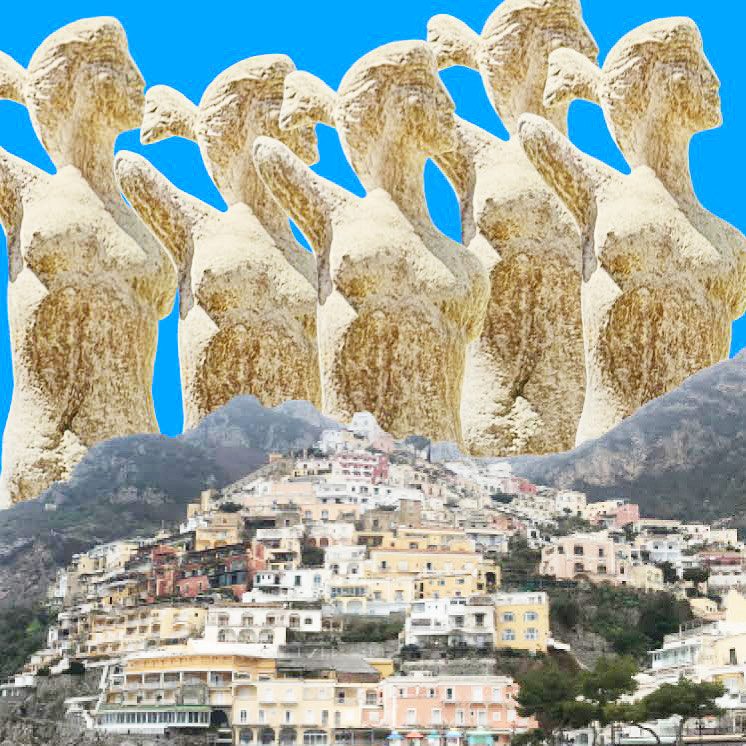
Who are the Majare / Janare?
The Janara or Majara is a recurring presence in the South, and she is the one who has developed powers to escape the oppression of society, the family, and its role in them, creating secret spaces of freedom kept hidden from family life considered dangerous by men.
It is said that the Majare, during the night, covered their bodies with ointments and flew in the sky to undefined places to reunite with their companions and celebrate together. In our search for holiday spaces, spaces for openness and celebration, for play, beyond all imposition, we feel very similar to the Majare.
What emerged from your stay on the Amalfi coast? Did the meeting with the local community enrich your research?
This short stay gave us ideas to continue the research we have already started starting from the oral stories of the local community, people of different generations who have given us fragments of their personal history and mythologies related to the territory in which we have found similarities with what we had already researched in Sicily, on the Majare and the countryside healers.
We felt the weight of the inhabitants of Positano, who, while sustaining themselves economically from mass tourism, suffer the loss of territorial identity given by the town's conversion into a tourist bombonniére.
In addition to sea stories, we are also interested in all the tales and mythologies related to the other side of the coast, that of the mountainous hinterland. The stories of the healers, the levels of women's work mainly in contact with the ground, we would like to try to tie ourselves to these stories, how they can relive in everyday life, in our political imagination.
